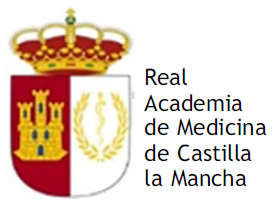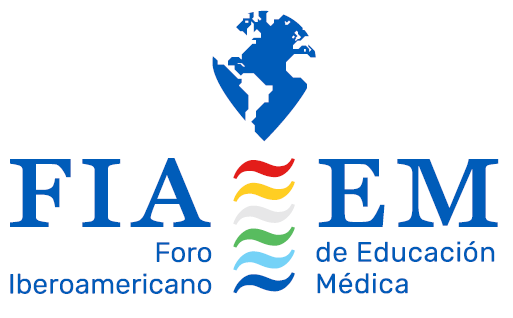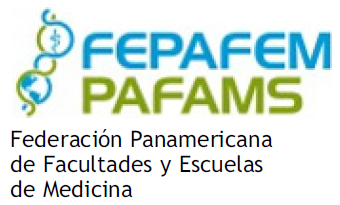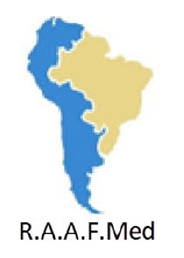The body of Bishop Jaume Camprodon the Rovia was donated with gratitude (the doctors saved him from a heart attack a few years before) to the dissecting room of the Faculty of Medicine of Barcelona, at the service of the students of anatomy.1,2
The bishop, died on 26 December 2016, was well known amongst the community for his simplicity of conduct and especially for having publicly asked for absolution for the actions of the church during the Francoist dictatorship and for having rejected the prestigious Catalan conferment Creu de Sant Jordi.
A morally significant altruism act and of great symbolic value as compared with the position expressed by the “Instruction Ad Resurgendum cum Christ” written by the Congregation Doctrine of the Faith that admits cremation, but which also reaffirms “the doctrinal and pastoral reasons for the preference of burying bodies”.3
There were no comments made by the church leaders opposing the choice of the Bishop Emeritus of Girona scientist who gave up a dignified and sacred burial.
In a society divided between opposing tendencies to set aside the presence of the deceased person's body or, on the contrary, to exorcise the expressiveness of artistic forms that in fact cancel the matter, the choice of the Bishop emeritus of Girona enhances the dialog that is constantly between faith and science.
Burial is one of the many ways of expressing respect for a person who, in choosing an altruistic act of a great ethical value and human solidarity, perhaps found the most sublime expression.
Conflict of interestThe authors of this article declare no conflict of interest.








